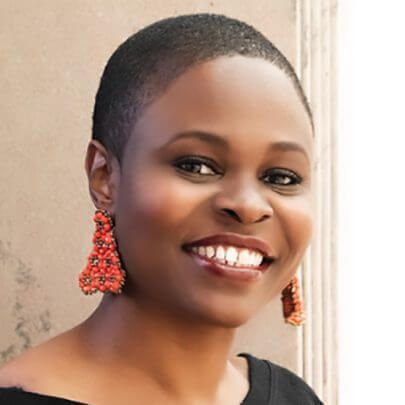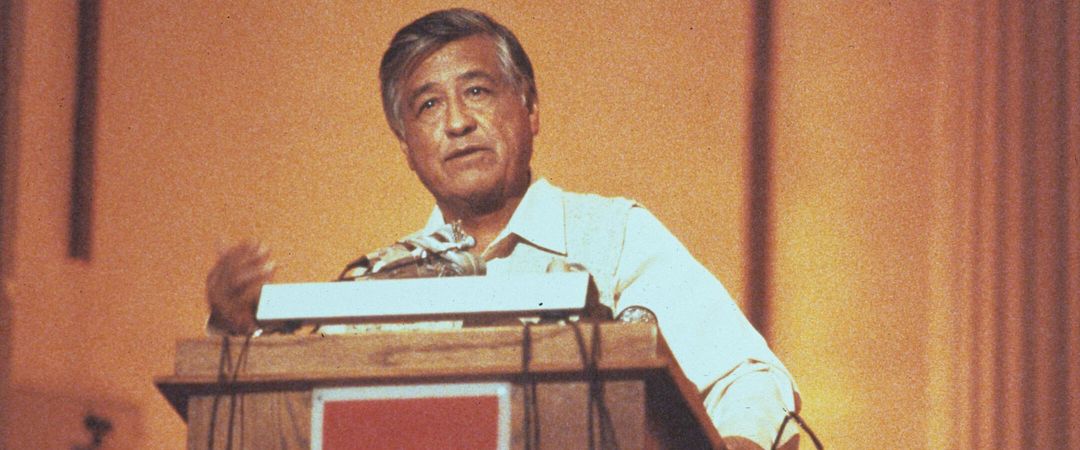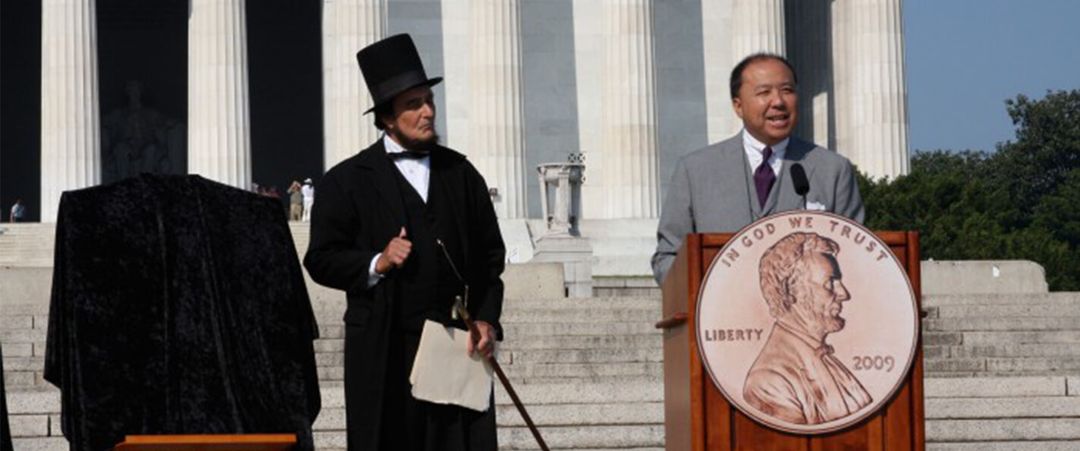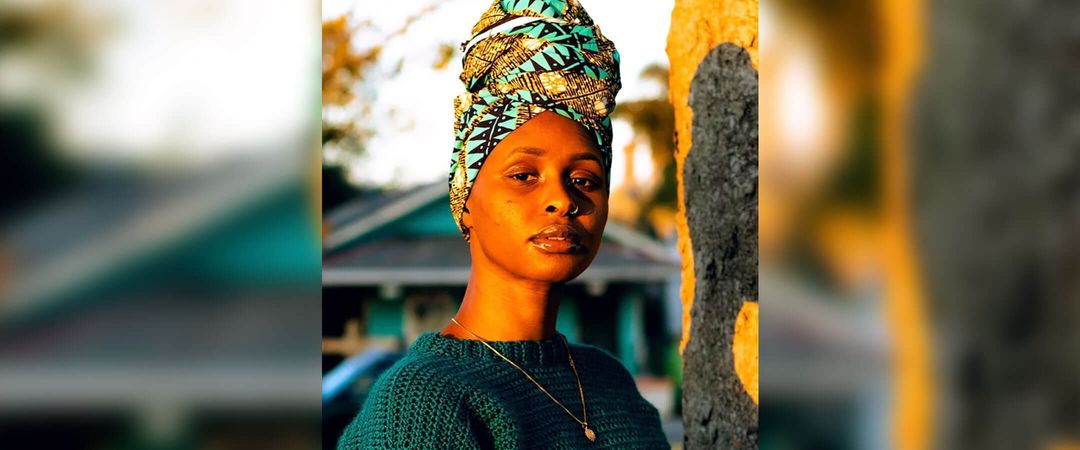Should’ve, could’ve, would’ve. Who can remember when a statement starting with one of those did any good? Sagashus Levingston MA’09 and PhD’19 founder of Infamous Mothers LLC, left behind the suffocating ideals about how life should go and claimed her right to an extraordinary life.
Essentially Levingston asked herself, “What if [she] could use everything [she] had gone through — the childhood molestation, the years of insecurity, the multiple children by multiple fathers, the addiction and alcoholism in [her] family … [her] interest in business … [her] beautiful education” to make her research the heart of her business?
Levingston earned her master’s degree in Afro American studies at UW–Madison and her PhD in English literature. Her dissertation — “Infamous Mothering or ‘Bad’ Mothers Who Do ‘Good’ Things: Theories and Images of Maternal Activism” — fueled the coffee table book Infamous Mothers. Thanks to the support of the Madison community, the Kickstarter to raise $25,000 to publish the book was a success. The book project quickly snowballed into a play of the same name, which sold out at Madison’s Bartell Theatre in November of 2018, and eventually turned into Infamous Mothers LLC — the “business with a social mission.”
Infamous Mothers (the book) is a collection of 20 mothers’ narratives, including that of Levingston, each encompassing the trials of the storytellers and how they have overcome or are overcoming. Levingston explains that “the book deeply resonated with a segment of the Madison population empowered by the idea that their past [which they considered shameful] could be their superpower.” Rather than omitting, for the sake of respectability politics, the struggles that made them stronger people, the work encourages all mothers to claim their infamy and speak whole truths.
Using the book, Levingston sought to fill the literary gap where academia has ignored women who “mother from the margins of society.” Many of the black women featured in the book shared feelings of unworthiness. Levingston theorizes that this sense of unworthiness partially stems from limited media representation. “Absence tells you that you don’t deserve,” she says. That —combined with the generational sense of unworthiness that gets passed down in marginalized segments of the population — can take years, if not a whole lifetime, to unravel.
Levingston chose to conclude the book with her 2017 Women’s March speech given in Madison titled “Your Privilege Will Not Protect You” and a study guide. When she gave the speech she wanted to show how marginalized women can positively fit into the public sphere, and to acknowledge all of the issues that the women present brought to light, whether or not the issues affected her personally. She did so because of her belief that “by addressing each other’s needs, we help ourselves.” Her sentiments are the same when it comes to the value of diverse alumni paying it forward to other students in need.
Her advice to the diverse alumni community? “Giving back to the community isn’t asking too much of you,” she says. She believes that even if you made it through rough times and want nothing to do with aspects of your past, you are the person most fit to help having been through it. Someone is on the same rocky path as you were, and reaching back to help that person can be healing for the both of you.
The study guide that also concluded the book was intended to be for those who want to learn how to be better support to marginalized mothers. Levingston expressed that we need to help all mothers who feel stigmatized by making room for them. For her part, she does “Making Room” training for companies that want to be intentional about including mothers in the workplace. She supports creating communities that help raise children, and also creating a culture that helps mothers live sustainable lives rather than giving so much that they burn out.
Providing the “Making Room” training is one part of Infamous Mothers LLC, the business that Levingston has dedicated her career to. The core of this socially conscious business is to “create products and services that revolutionize the way women mother.” A key component of Levingston’s process for building the brand is using social media and other forms of entertainment to support and tell the stories of marginalized mothers. By doing so, women are reminded of their contribution to society. The end goal is to help them develop tools and resources to support themselves and others.
When asked why people associate motherhood with their lives being over, Levingston lets out a big laugh. She says that we are taught in many ways that you can either be a woman or a mother — the former being associated with selfishness and the latter being completely self-sacrificing. These notions and the limited ideas around how one should mother leave out the complexities and realities of being a whole person. Infamous Mothers refuses to isolate motherhood from personhood.
This month, Levingston will offer a soft launch of Infamous Mothers University (IMU), a platform that will offer development, community, inspiration and self-care opportunities for all women who mother from the edge—that could be anywhere from the edge of sanity to innovation. The soft launch will take place at the Black Women’s Expo in Chicago, a throwback to the city where the photos in Infamous Mothers were taken. After the event, and a national tour around the platform, IMU’s operations base will exist in Madison.
Three years ago, Levingston would have said that her superpowers were resilience and perseverance, but today her superpowers are her ability to dream big and walk faithfully. Her gift is helping others value their lives, while she works to value both her life and mortality. Knowing that it could all end at any moment encourages her to live more purposefully and intentionally. “Every day counts,” she says. “Every day is extraordinary.”










